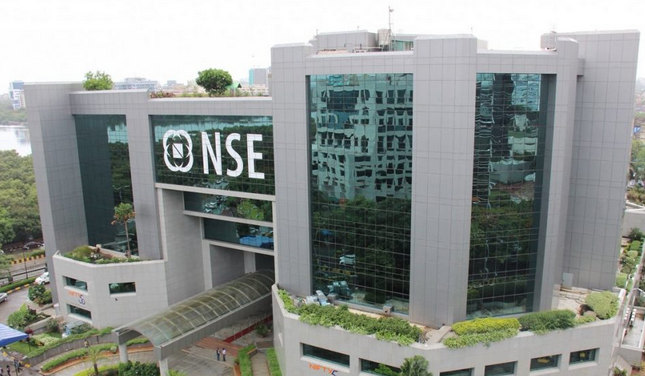NEW DELHI – As the world’s eyes turn to the escalating tensions in the Middle East, the ripple effects are felt across the globe, with financial markets bearing the brunt of the uncertainty. The Indian equity indices, BSE Sensex and NSE Nifty 50, experienced a sharp decline at the opening bell on October 3. This downturn is attributed to a confluence of factors, chief among them being the weak global cues spurred by the recent developments in the Middle East.
The Indian markets, which had just resumed trading after a pause in observance of Gandhi Jayanti, were immediately met with a wave of sell-offs. Investors, already cautious, reacted to the news of Iran’s ballistic missile attack on Israel. This act not only heightened geopolitical tensions, but also stoked fears of a broader conflict, leading to a loss of investor confidence and a subsequent flight to safety.
The impact was not isolated to the Indian markets. International equity indices also faced losses, signaling a widespread apprehension about the potential for further destabilization. Analysts point to the interconnectedness of global markets and how geopolitical events can have far-reaching consequences, affecting not just the epicenter of the conflict but also countries and economies thousands of miles away.
In India, the market’s reaction is seen as a barometer of the prevailing global sentiment. With foreign institutional investors playing a significant role in the Indian stock markets, their response to international events can lead to significant capital outflows, putting pressure on domestic indices. Moreover, the energy sector, a critical component of the Indian economy, is particularly sensitive to Middle Eastern dynamics, given the region’s role as a major oil supplier.
The government and market regulators are closely monitoring the situation, ready to intervene if necessary to stabilize the markets. Meanwhile, investors are advised to remain vigilant, diversify their portfolios, and consider long-term strategies to weather the storm. As the situation unfolds, the resilience of the Indian markets will be tested, and the hope is that the underlying fundamentals of the economy will help mitigate the impact of these external shocks. (zai)

